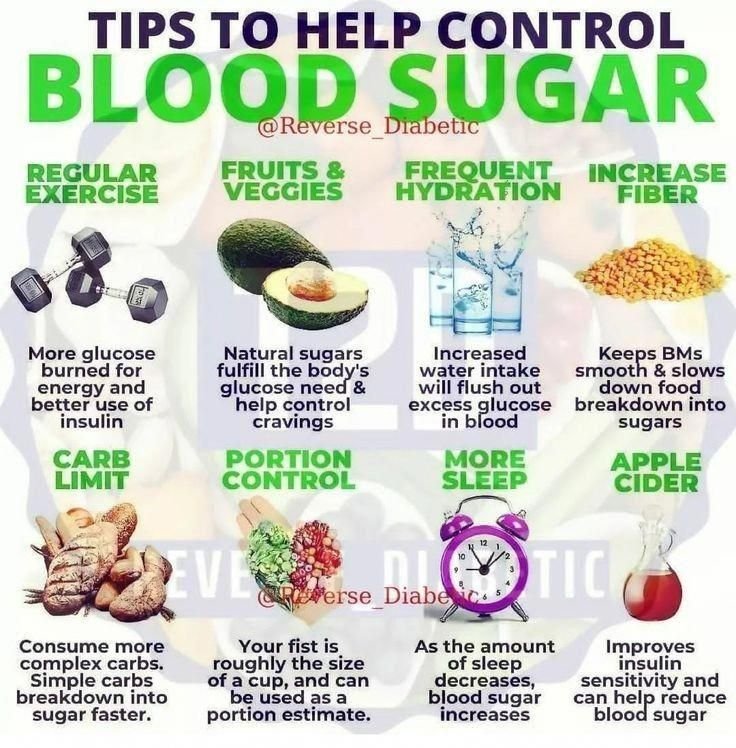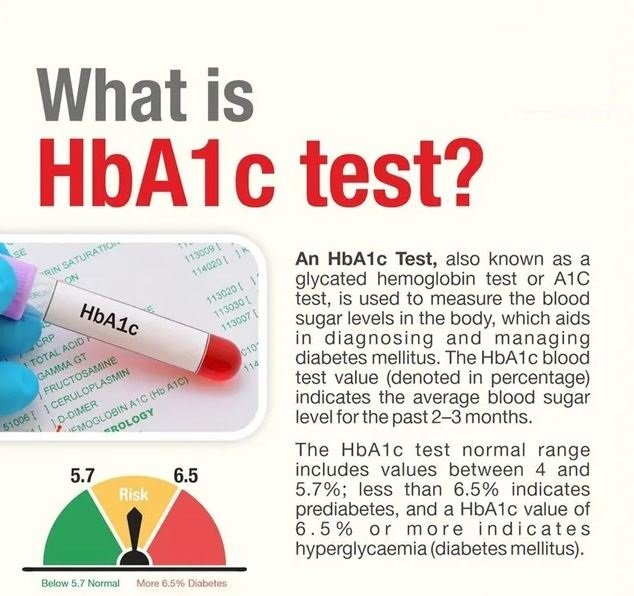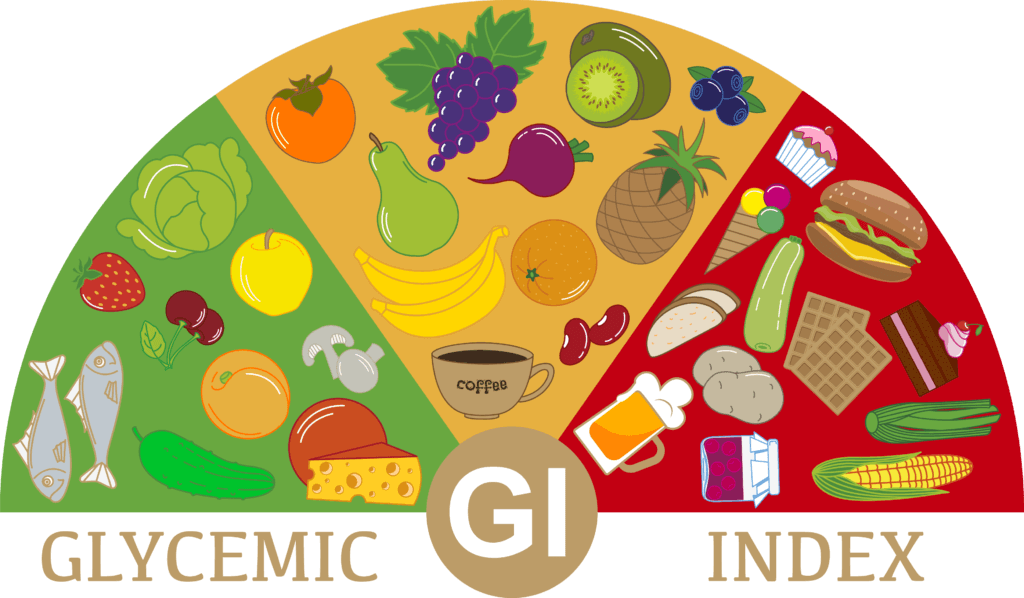How to control sugar?

Controlling Blood Sugar Levels
If you are referring to controlling blood sugar levels, here are some strategies that may help:
- Follow a Well-Balanced Diet: Eating a well-balanced diet is crucial for managing blood sugar levels. Focus on consuming whole foods, including fruits, vegetables, whole grains, lean proteins, and healthy fats. Avoid foods high in refined sugars and carbohydrates.
- Monitor Carbohydrate Intake: Carbohydrates can significantly impact blood sugar levels. Pay attention to the amount and type of carbohydrates you consume. Opt for complex carbohydrates that are digested more slowly, such as whole grains, legumes, and vegetables.
- Portion Control: Be mindful of portion sizes to avoid consuming excessive amounts of carbohydrates and sugars. Use measuring cups or a food scale to accurately measure your portions.
- Choose Low Glycemic Index Foods: The glycemic index (GI) is a measure of how quickly a food raises blood sugar levels. Foods with a low GI release sugar more slowly into the bloodstream. Incorporate more low GI foods into your diet, such as whole grains, legumes, non-starchy vegetables, and lean proteins.
- Regular Physical Activity: Engaging in regular physical activity can help regulate blood sugar levels. Aim for at least 150 minutes of moderate-intensity aerobic exercise per week, along with strength training exercises. Consult with your healthcare provider to determine an appropriate exercise routine.
- Manage Stress Levels: High stress levels can affect blood sugar levels. Implement stress management techniques such as meditation, deep breathing exercises, yoga, or engaging in activities you enjoy.
- Medication Management: If you have been prescribed medication to manage blood sugar levels, it is important to take it as directed and follow up with your healthcare provider regularly.
Please note that these strategies are general recommendations and may vary depending on individual circumstances. Always consult with a healthcare professional for personalized advice.
Controlling Sugar Intake in Your Diet
If you are referring to controlling the intake of sugar in your diet, here are some tips:
- Read Food Labels: Pay attention to the sugar content listed on food labels. Be aware that sugar can be listed under different names, such as sucrose, fructose, glucose, and corn syrup.
- Limit Sugary Beverages: Sugary drinks, such as soda, fruit juices, and sweetened coffee or tea, can contribute to high sugar intake. Opt for water, unsweetened tea, or infused water instead.
- Choose Whole Foods: Focus on consuming whole foods, such as fruits, vegetables, lean proteins, and whole grains, which are generally lower in added sugars.
- Cook at Home: By preparing meals at home, you have more control over the ingredients and can reduce the amount of added sugars in your dishes. Use natural sweeteners like honey or spices like cinnamon to add flavor instead of relying on refined sugars.
- Gradually Reduce Sugar: Gradually reduce the amount of sugar you add to your food and beverages. Over time, your taste buds will adjust, and you may find that you need less sugar to satisfy your cravings.
Remember, it is important to make sustainable changes to your diet and lifestyle. If you have specific dietary concerns or health conditions, it is recommended to consult with a registered dietitian or healthcare professional for personalized guidance.
Releted FAQ's

5 Best Dharamshalas in Ayodhya Near Ram Mandir
01 Jan 2025

Who Are the Top 5 ENT Specialists in Kanpur?
28 Nov 2024

Invest Smart: Why Ultima 107 Is best Low-Rise Residential Project ?
16 Sep 2024

Top 5 Gastroenterologist in Hyderabad
07 Sep 2024

Who is Top 10 Immigration Consultants in Dubai ?
16 Aug 2024

What does LGBTQ mean?
13 Jul 2024

What is HbA1c test ?
03 Jul 2024

Which are the Top 10 Budget Hotel in Ayodhya near Ram Mandir ?
02 Jul 2024

Which are the top 10 travel agency in ayodhya ?
02 Jul 2024

What is Glycemic index (GI) ?
27 Jun 2024
Our Categories
Medical: Doctors , Endocrinologist , Neurologist , Pediatrician , Dermatologist , Gastroenterologist , Orthopedic , Cardiologist , Gynecologist , Physicians , Nephrologist , Surgeon , ENT specialist , Psychiatrist , Oncologist , Radiologist , Pulmonologist , Dentist , Hematologist , Eye Specialist , Plastic Surgeon , Veterinary , Laparoscopic Surgeon , Urologist , IVF , Neonatologist , Physiotherapy , Liver Transplant , Neurosurgeon , Eye specialist , Orthopedic Surgeon Hospitals , Eye Hospital , Orthopedic , Heart , Cardiology , Clinic , Homeopathy Clinic , IVF Treatment , Brain & Spine Centre , Multispecialty Hospital , Dental Clinic , Dermatologist , Ayurvedic Hospital Pathlabs , Veterinary , Laparoscopic Surgeon , Clinic , Homeopathy Clinic , Urologist , Neurosurgeon , Dental Clinic , Dermatologist , Eye specialist , Ayurvedic Hospital , Diagnostic Center
Real Estate: Shoping Mall , Residential , Commercial , Plots , Builders and Developers , Upcoming Projects , Agents , Lawyer , Photographer , Construction Company
Education: Schools , Boarding , CBSE , ICSE , Up Board , International , Play School , Driving School Colleges , Engineering , Law , Medical Collage , DLED , B.Ed Coaching , Competitive , Classes University , Courses , Digital Marketing , English Epeaking , IT Training , English Speaking Digital Marketing , English Epeaking , IT Training
Hotels: Resort , Motel , Guest House , Paying Guest , 7 Star , 3 Star , 5 Star , Home Stay , Dharamshala , Farmhouse , 4 Star
Health And Beauty: Beauty Parlour , Gym , Spa , Hair Transplant , Weight Loss , Barber , Makeup Artist
Home and Service: Carpenter , Ro Service , Internet , Electrician , Caterers , Wedding Planner , Mineral Water Supplier , Plumbers , Other , Lawyer , Photographer Dairy Equipment , Insurance , Welding works , Ac Service
Park: Water Park , Amusement , Trampoline , Snow , Adventure